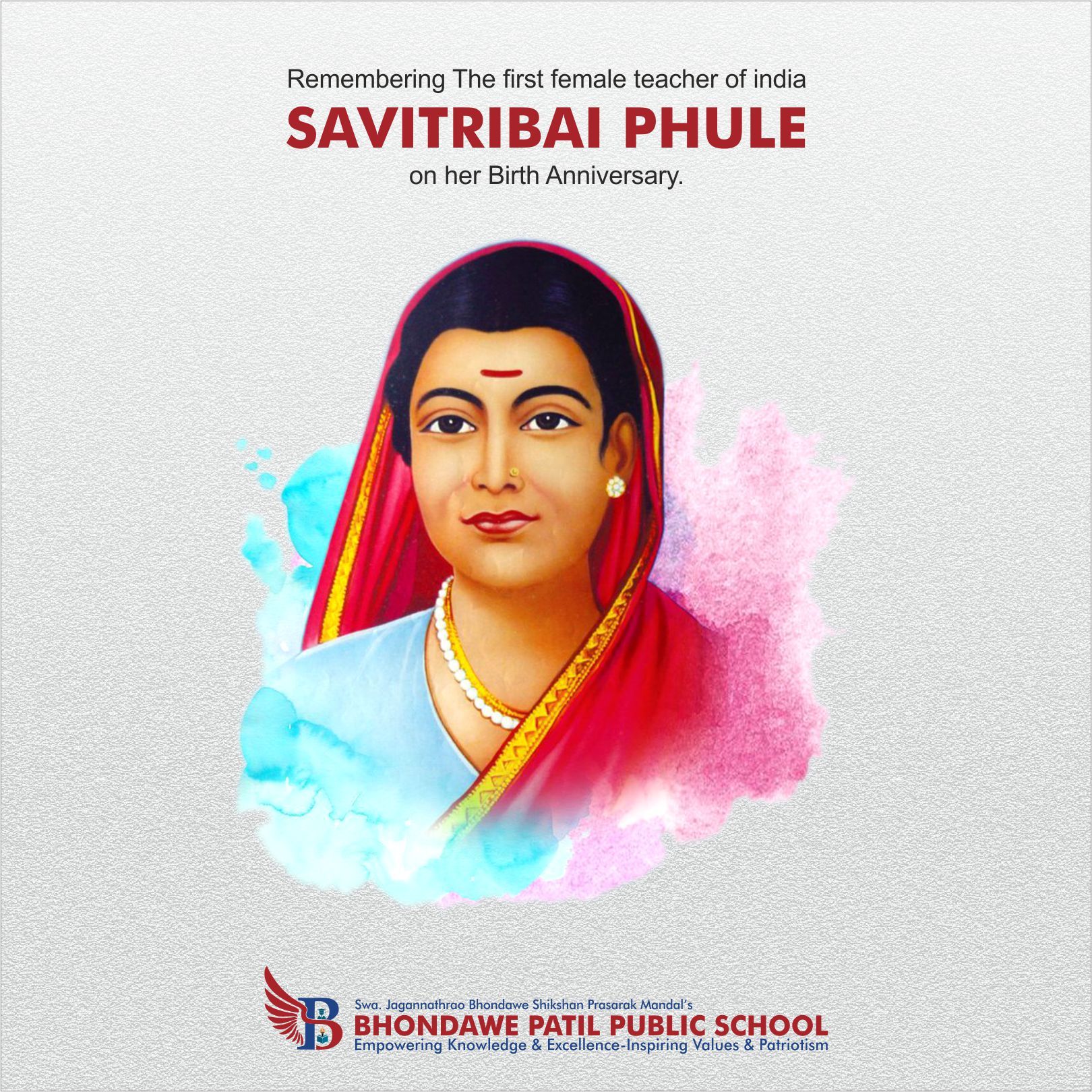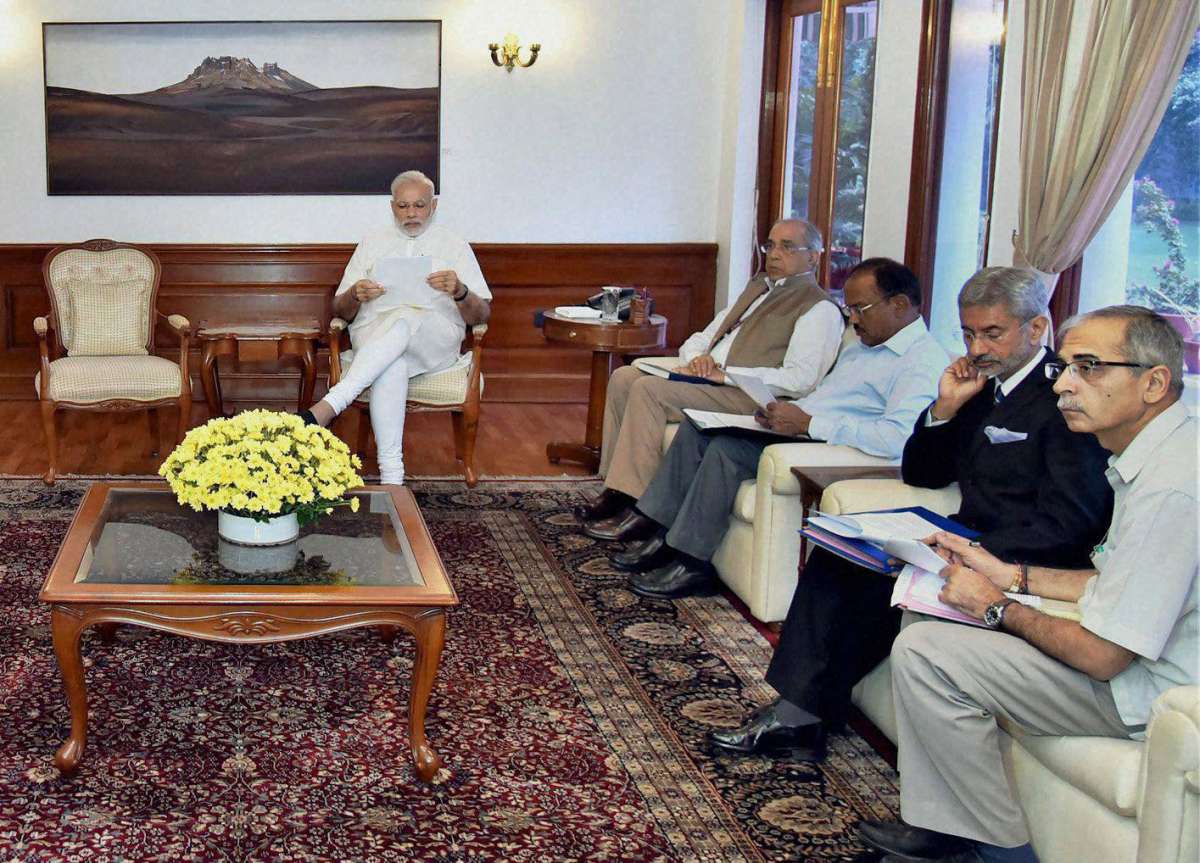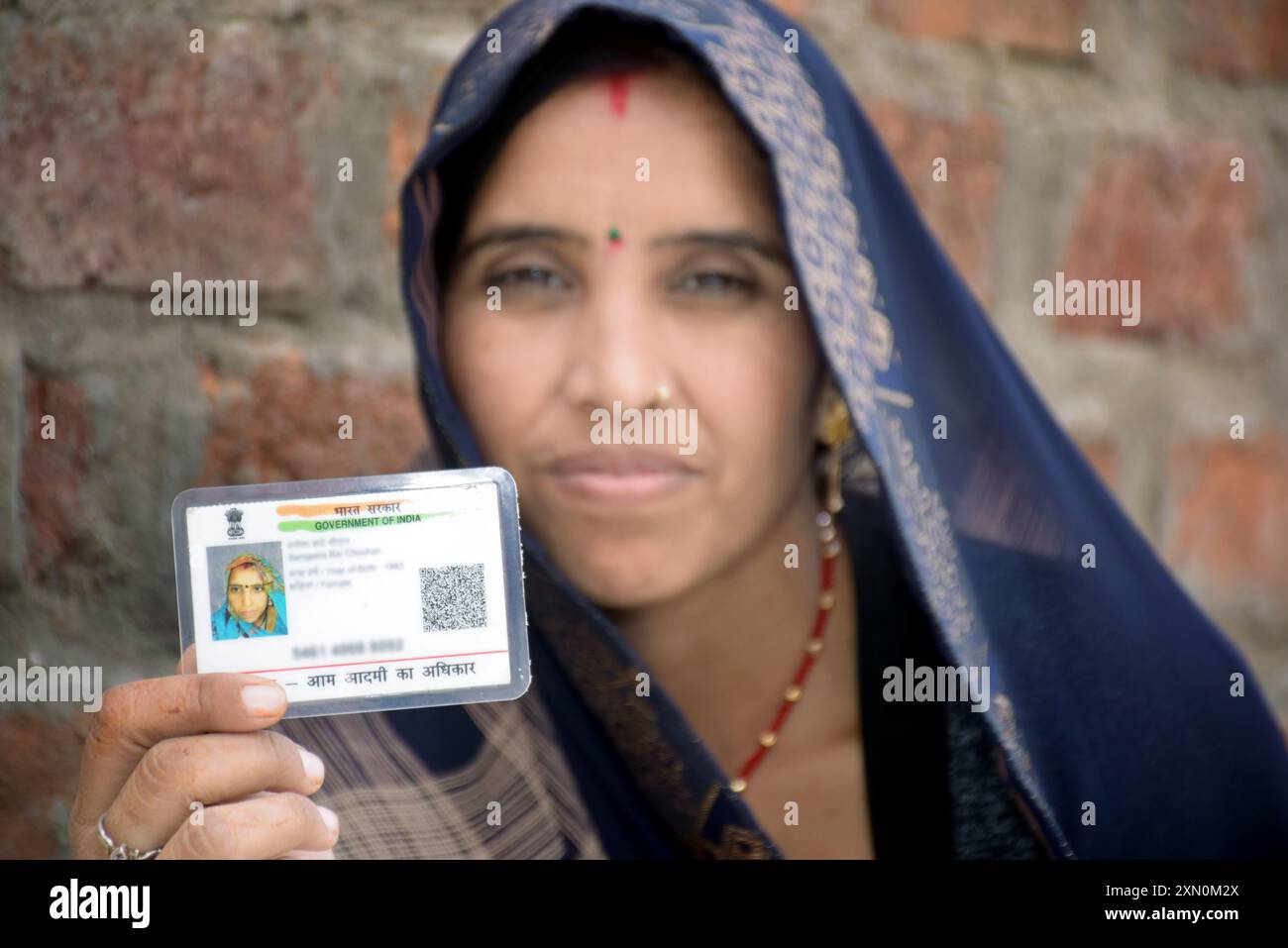


Telangana Chief Minister Revanth Reddy and Andhra Pradesh Chief Minister N. Chandrababu Naidu paid tribute to social reformer Savitribai Phule on her 194th birth anniversary. CM Reddy highlighted her contributions to promoting women's education and fighting against discrimination, while CM Naidu acknowledged her trailblazing efforts in starting the first girls' school in India. Former CM Y.S. Jagan Mohan Reddy also honored Savitribai Phule as a pioneer in the girls' education movement.
Savitribai Phule: Trailblazing Social Reformer and Education Pioneer
Savitribai Phule, born on January 3, 1831, was an Indian social reformer, educator, and poetess who dedicated her life to advancing the cause of women's education and fighting against discrimination based on caste and gender.
Early Life and Education
Savitribai was born into a poor farmer's family in the village of Naigaon, near Pune, India. Despite the societal norms that restricted education for girls, Savitribai's father, Gopiraj Phule, was a progressive man who believed in the importance of education for all. With his support, Savitribai attended school and excelled in her studies.
Marriage and Social Reform
In 1840, at the tender age of nine, Savitribai was married to Jyotirao Phule, a like-minded social reformer. Together, they established a school for girls in 1848, the first of its kind in India.
This act of defiance against traditional norms was met with strong resistance from the conservative society. The couple faced verbal abuse, threats, and even physical violence. Undeterred, Savitribai and Jyotirao continued to work tirelessly for the upliftment of women and the eradication of untouchability.
Contribution to Education
Savitribai's primary focus was on promoting education for girls. She believed that education was the key to empowering women and enabling them to participate in society as equal members. She established several schools and orphanages, where girls from all castes and backgrounds were welcomed.
In addition to formal education, Savitribai also organized literary societies and reading corners for women. She wrote and published poems and articles promoting gender equality and social reform.
Fight Against Discrimination
Savitribai was a vocal opponent of the caste system and the oppression of Dalits (lower castes). She worked tirelessly to bridge the social divide and promote unity among people of all castes and religions.
She established the Satyashodhak Samaj (Truth-Seeking Society) in 1873, which aimed to combat social and religious superstitions and promote rational thinking. She organized protests and public meetings to demand equal rights for Dalits.
Legacy
Savitribai Phule's unwavering commitment to women's education and social reform left an indelible mark on Indian society. Her contributions laid the foundation for the women's movement in India and continue to inspire generations of activists and reformers.
In recognition of her extraordinary life and work, Savitribai Phule was posthumously awarded the Bharat Ratna, India's highest civilian award, in 2017. Her birth anniversary, January 3, is celebrated as Balika Shiksha Diwas (Girl's Education Day) in India.
Top 5 FAQs and Answers
Q1: What were Savitribai Phule's major contributions to women's education?
A1: Savitribai Phule established the first girls' school in India in 1848 and played a pivotal role in promoting education for girls and fighting against gender discrimination.
Q2: What was the Satyashodhak Samaj and what were its goals?
A2: The Satyashodhak Samaj was an organization founded by Savitribai and Jyotirao Phule in 1873 to promote rational thinking, combat social and religious superstition, and advocate for equal rights for all castes and religions.
Q3: What was the significance of the Bharat Ratna award for Savitribai Phule?
A3: The Bharat Ratna award is India's highest civilian honor, and Savitribai Phule was the first female social reformer to receive this prestigious recognition. It is a testament to her exceptional contributions to Indian society.
Q4: Why is Savitribai Phule's birth anniversary celebrated as Balika Shiksha Diwas?
A4: Savitribai Phule's birth anniversary is celebrated as Balika Shiksha Diwas to honor her dedication to girls' education and to highlight the importance of empowering girls and women through education.
Q5: What are some of the ways in which Savitribai Phule's legacy is still relevant today?
A5: Savitribai Phule's legacy continues to inspire activists and reformers working for gender equality, social justice, and the eradication of discrimination based on caste and other social factors. Her message of education, empowerment, and unity is more relevant than ever in the modern era.

Indian Union Minister Hardeep Singh Puri responds sharply to Pakistani leader Bilawal Bhutto-Zardari's threatening statement on the Indus Waters Treaty, stating that Pakistan will have to pay a heavy price. Puri also mentions the recent throat-slitting gesture made by a Pakistani Colonel during a protest by Indians at the Pakistan High Commission in London, emphasizing the deteriorating state of Pakistan.

Ranjana Sonawane, the first recipient of India's Aadhar card, still lacks access to government schemes 13 years later. Despite being eligible for the Chief Minister Majhi Ladki Behen Yojana, Ranjana has not received any money due to an issue with her Aadhar being linked to someone else's bank account. This case brings to light the flaws in the implementation of government schemes in rural and tribal areas, where women like Ranjana often have their funds misdirected or lack necessary information.

The Indian National Congress (INC) has announced its plans to launch a month-and-a-half-long campaign in Jammu and Kashmir on April 22. The purpose of the campaign is to demand the restoration of statehood and to further the “Save the Constitution” movement. With the recent appointment of Syed Naseer Hussain as the new J&K in-charge, the party hopes to regain its lost support in the Union Territory. This campaign comes at a crucial time, as former supporters of the Congress leader Ghulam Nabi Azad have recently dissolved their party, raising questions about their political future. The Congress hopes to use this opportunity to highlight the BJP's failures in empowering elected governments and its betrayal over statehood.

Thousands of citizens in Pune are rallying together through an online petition to demand the protection of their city's hills and hill slopes from any construction. The petition is addressed to the former Pune Municipal Commissioner and Chairman of the state-appointed Committee on Bio-Diversity Park and Hill Top Hill Slopes. The citizens are concerned that the committee's review may result in allowing construction on the hills, while strict measures have already been mandated by the government to prevent it. The citizens stress the importance of preserving these natural areas for the city's ecological balance and urge the government to uphold its promise to future generations.

After the devastating terror attack in Pahalgam, Jammu and Kashmir, India has suspended the 1960 Indus Waters Treaty with Pakistan. This decision was made during a key meeting chaired by Union Home Minister Amit Shah, with discussions on potential actions being taken against Pakistan. As tensions between the two countries continue to escalate, Indian leaders have condemned Pakistan for their involvement in the attack and have vowed to take strong measures in response.

The Indian Army made its first major move since the Pahalgam terror attack on April 22, as they killed top Lashkar-e-Taiba (LeT) commander Altaf Lalli in an encounter in Jammu and Kashmir's Bandipora district. The security forces are on the hunt for the terrorists responsible for the brutal killing of 26 civilians and have launched a massive anti-terror operation. In other developments, Indian Army Chief General Upendra Dwivedi visited Srinagar for a security review meeting and the authorities demolished the houses of two suspected terrorists involved in the Pahalgam attack.

In a hearing at the Supreme Court, the bench rebuked Congress leader Rahul Gandhi for his "irresponsible" comments about freedom fighter Vinayak Damodar Savarkar. The judges highlighted the need to show respect for India's freedom fighters and questioned whether Gandhi was aware of his grandmother and Mahatma Gandhi praising Savarkar. The court also stayed an Allahabad High Court order that refused to dismiss a lower court's summons against Gandhi over his alleged remarks about Savarkar.

The Supreme Court has stepped in to warn Congress MP Rahul Gandhi over his comments about India's independence activist Veer Savarkar, staying a trial court's summons to the politician. The top court emphasized that Savarkar is a highly respected figure in Maharashtra and stated that no one would be allowed to make derogatory remarks about freedom fighters. The court also pointed out that Gandhi's family has had a history of praising Savarkar and Gandhi himself has been warned that the court will take suo motu cognizance of any such remarks. Additionally, the article also mentions an attack in Jammu and Kashmir that has led to heightened tensions between India and Pakistan.

In a successful operation by the security forces, a Lashkar-e-Taliba (LeT) terrorist associate, identified as Altaf Lalli, was killed in an ongoing encounter in the Bandipora district of Jammu and Kashmir. The encounter began after the security forces received intelligence about the presence of terrorists in the area. Two security personnel have also been injured in the exchange of fire and are currently undergoing treatment at a nearby hospital. The clash highlights the continued efforts of the security forces to combat terrorism in the region.

The Telangana-Chhattisgarh border is a hotbed of tension as security forces step up their efforts to root out Maoist activity from the region. Top Maoist leader Hidma is the target of current high-security operations, with forces strategically advancing through previously inaccessible areas. With mounting pressure, sources indicate that the hold of the Maoists in the region is gradually weakening, making for a tense and critical situation.